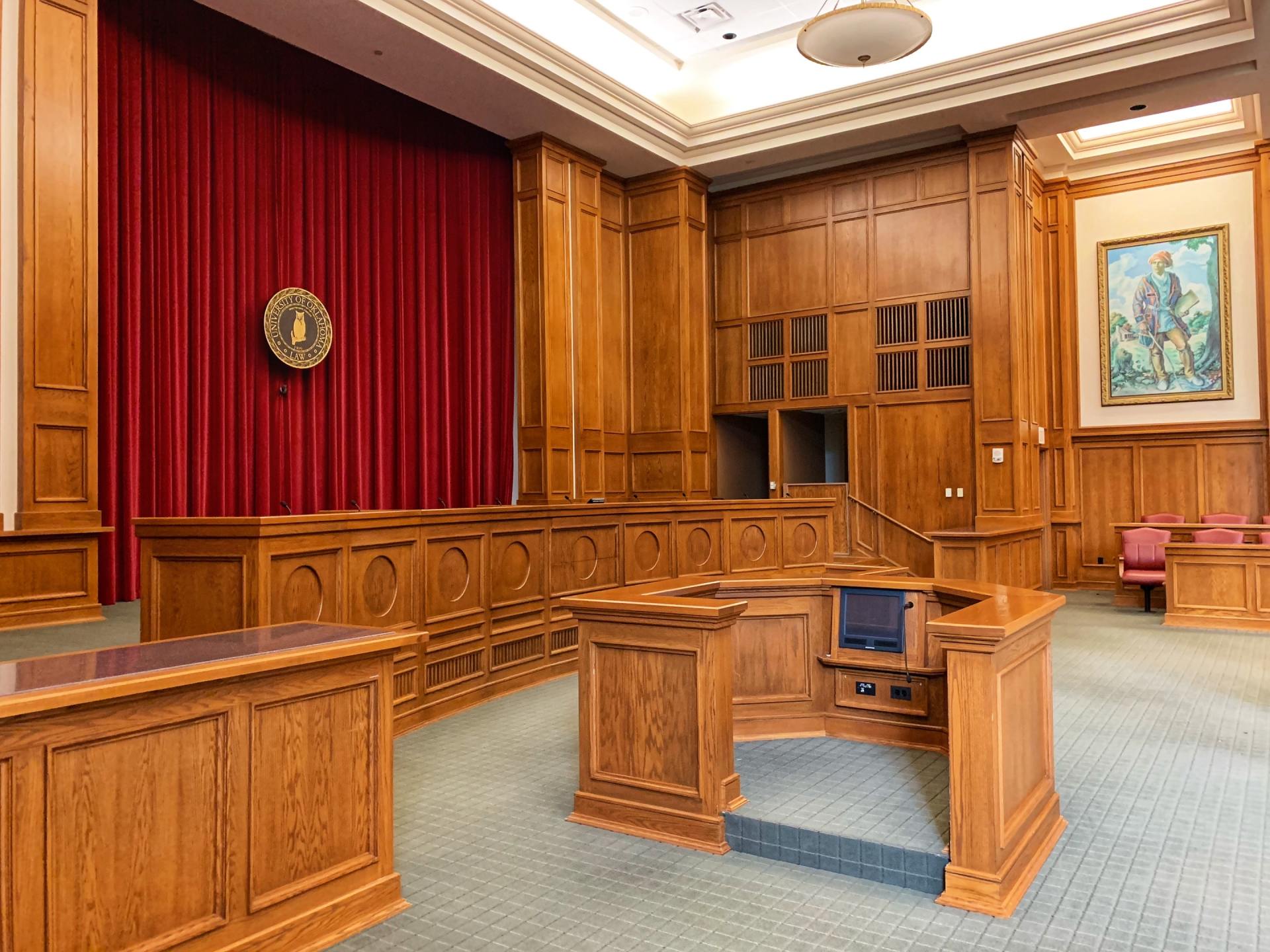With The “Ongoing” FBI Investigation of Ralph Roberts, Here Are 7 Things Michigan Homeowners Can Do to Protect Their Property Rights
This week, the FBI and local law enforcement officials raided the business offices of realtor Ralph Roberts . Roberts is the subject of an ongoing criminal investigation and several news probes. In controversy is his alleged ‘misuse’ of the Michigan public administrator system. It’s supposed that Roberts finds properties of deceased homeowners, uses a public administrator to open an estate in probate court, and then bills the estate for his sales commissions and other “services.”
At first blush, I find Robert’s alleged sales practices ignoble, to say the least. But until the authorities release more of their findings, I am not convinced that this contentious salesman has done anything illegal. What this investigation does confirm however, is that in the business of real estate, people are always looking for another ‘angle’ to make ‘big’ money, and every so often, they will knowingly cross the line to the detriment of unwitting homeowners.
Here 7 things you can do to protect your real estate from “charlatans’ and (frankly) from yourself:
1. Say no to blank documents. Never sign any blank documents. If you are unsure, make a large “X”on the blank page, and then sign beneath it. Similarly always retain a copy of your signed contracts.
2. Know before you sign. In the real estate business, written contracts define relationships, obligations and one’s legal rights. If you read a contract and don’t understand it, don’t sign it. Also, never rely on an explanation of “how things work” from the party who stands to benefit from your lack of knowledge.
3. “Fake” attorneys . Similar to the preceding paragraph, don’t accept legal advice from someone who is not a licensed attorney. Accountants, doctors, real estate agents, mortgage brokers, or the county clerk are not attorneys and cannot dispense legal advice or draft legal documents. In other words, ignore the outside chatter of your “mother’s friend’s sister’s son.” Odds are (1) they aren’t an attorney, (2) their situation has a different set of facts and is not completely on point, and (3) they won't be there for you when @#$%@# hits the fan.
4. Record your property interest. Always record your property deed with the county in which your property sits. Holding onto an unrecorded deed does little good to notify the world that you have ownership in a particular piece of real estate. If you ‘snooze’ and don’t record your property interest, you can ‘lose’ your property rights.
5. Save the D.I.Y. for Home Depot. Drafting your own deeds or other legal documents without the proper language and legal guidance is a recipe for disaster. Unwinding a real estate transaction (or any contract for that matter) involving a person(s) that you have grown to hate, can be very expensive and emotionally draining. It only becomes worse when you find out that your D.I.Y. contract inadvertently gave another party more legal rights and protections than you gave yourself.
6. Open your mail, @#$% - it. Unless you’re a clairvoyant, open your mail. Important legal notices that affect legal rights come in the mail. They aren’t often texted. Legal processes have sensitive timelines. Miss a legal deadline and it becomes almost impossible and very expensive to reinstate your rights. People pay more attention to what they’re going to “binge watch” on Netflix than they do to their legal rights. Give your legal issue the proper attention it deserves so that later on you don’t have to devote all of your time, energy and money to cleaning up a legal mess.
7. Consult with an attorney before “Google.” Our property laws are deeply rooted in centuries of legal history and case law. Lawyers devote years of their lives to their legal education and to their practice to perfect their craft. One or two Google search results cannot adequately address a legal problem. Consult with an attorney who specializes in your area of concern.
Bonus Item. In the real estate business, nothing of value is free. There is tremendous value in seeking “preventative” legal advice, but beyond that and above all else, when it comes to all of those “great” real estate deals that your friend or family member has turned you on to...remember this one axiom, ”nothing of value is free..”..repeat….”nothing of value is free” ..”.nothing of value is free....”
About the Author: Since 1990, Michigan real estate and finance attorney David Soble has represented lenders, business owners and individuals in real estate, loan, and contract matters. He has structured countless real estate transactions worth millions, and has successfully saved millions of dollars for his business and consumer clients.
Disclaimer: You should not rely or act upon the contents of this article without seeking advice from your own, qualified attorney.











